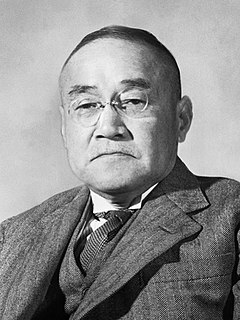A Quote by Phil Knight
I do believe that international trade agreements benefit both nations, always.
Related Quotes
The Transatlantic and Transpacific Trade and Investment Partnerships have nothing to do with free trade. 'Free trade' is used as a disguise to hide the power these agreements give to corporations to use lawsuits to overturn sovereign laws of nations that regulate pollution, food safety, GMOs, and minimum wages.


































